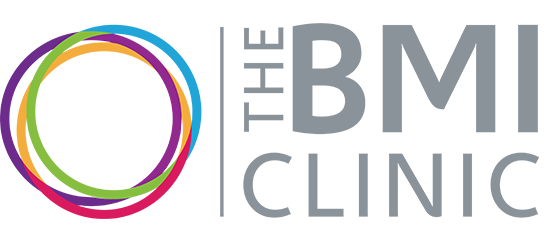Are you getting enough iron?
By Casey O’Dell, Accredited Practising Dietitian (APD)
Iron is a mineral which we get through the food we eat. It is involved in several functions of the body including transporting oxygen to the cells, providing energy for daily life. If you are not eating a lot of iron-containing foods, not absorbing iron very well or are losing iron through blood loss (for example through heavy menstrual cycles) you may be at risk of iron depletion or deficiency.
What are food sources of iron?
There are 2 types of iron:
- Haem iron (from animal-based foods)
- Non-haem iron (from plant-based foods)
Haem iron absorbs around 10 times easier than non-haem iron. Foods that contain haem iron include:
- Meat: beef, lamb, pork, kangaroo
- Poultry: chicken and turkey
- Fish and shellfish
- Offal: liver and kidneys
Non-haem iron is found in plant-based foods and is not absorbed as well by the body. Food sources of non-haem iron include:
- Legumes: lentils, chickpeas, red kidney beans
- Green leafy vegetables: spinach, kale, broccoli, Asian greens
- Iron-fortified cereals and breads
- Nuts and seeds
Can I boost my body’s absorption of iron?
Including a food source of vitamin C along with your iron-containing foods enhances your iron absorption capacity, especially from plant-based sources. Some good food sources of vitamin C include:
- Vegetables such as red capsicum and broccoli
- Fruits such as berries, oranges, pineapple and lemon
So be sure to pair these ingredients together in your meals to boost your iron absorption.
Be mindful of iron blockers
Some nutrients and medications can block or compete with iron absorption and should be avoided around the time of eating iron or taking iron supplements. The tannins in tea (all varieties) and coffee generally block iron absorption so avoid drinking these beverages with or after meals. Calcium also competes with iron so avoiding large amounts of calcium-rich foods such as milk, yoghurt or cheese at the same time as having iron-containing foods will help. It is also important to consider that it is best to take calcium supplements when you are least likely to consume iron – for many people, this is first thing in the morning.
7 ways to increase the iron in your diet
- Add chia seeds to oats or shakes
- Choose lean red meat for dinner 3 times per week
- Build your meal around a protein food
- Snack on iron-containing foods such as hummus and crackers or low-fat milk
- Choose iron-fortified cereal for breakfast or have eggs on toast with tomato
- Have a small piece of liquorice or dark chocolate after dinner or for a sweet snack
- Ensure half of the vegetables on your plate are green and leafy
Staying Satisfied While Completing a VLCD
By Amelia Kranz - Accredited Practising Dietitian A very low calorie diet, commonly referred to as a VLCD, is required in many cases to prepare for a weight loss procedure. Typically this [...]
10 Reasons Why Eating Slowly Is Hard
By Ginette Lenham- Registered Counseller 10 Reasons Why Eating Slowly Is Hard Are you a fast eater? Don't worry, you're not alone! One thing we encourage our patients to do is to [...]
How to eat more sustainably
By Antonia Manolios - Accredited Practising Dietitian A sustainable diet is one where the food (and therefore nutrition) is: - produced and delivered in a way that has low environmental impact - [...]






Leave A Comment